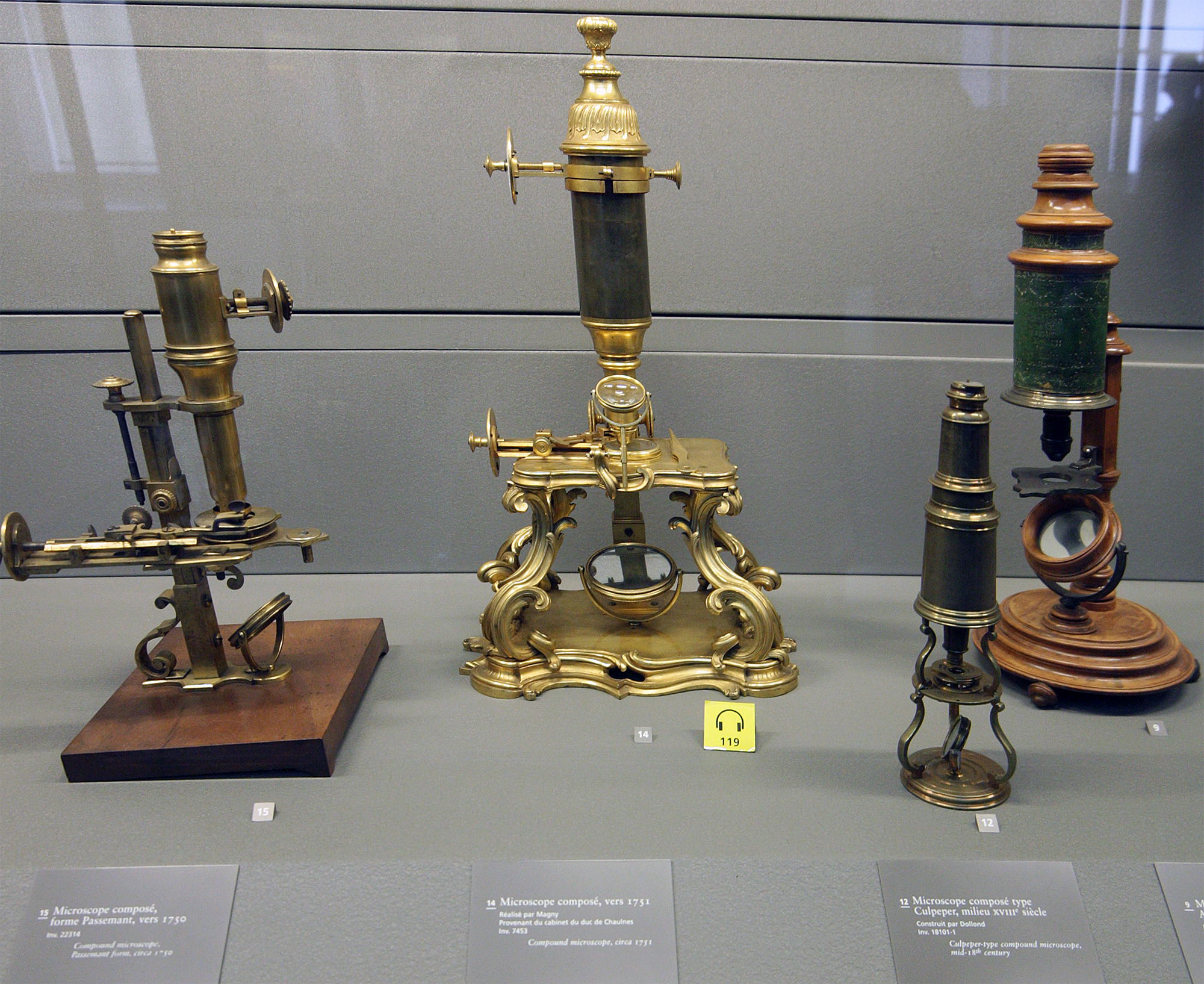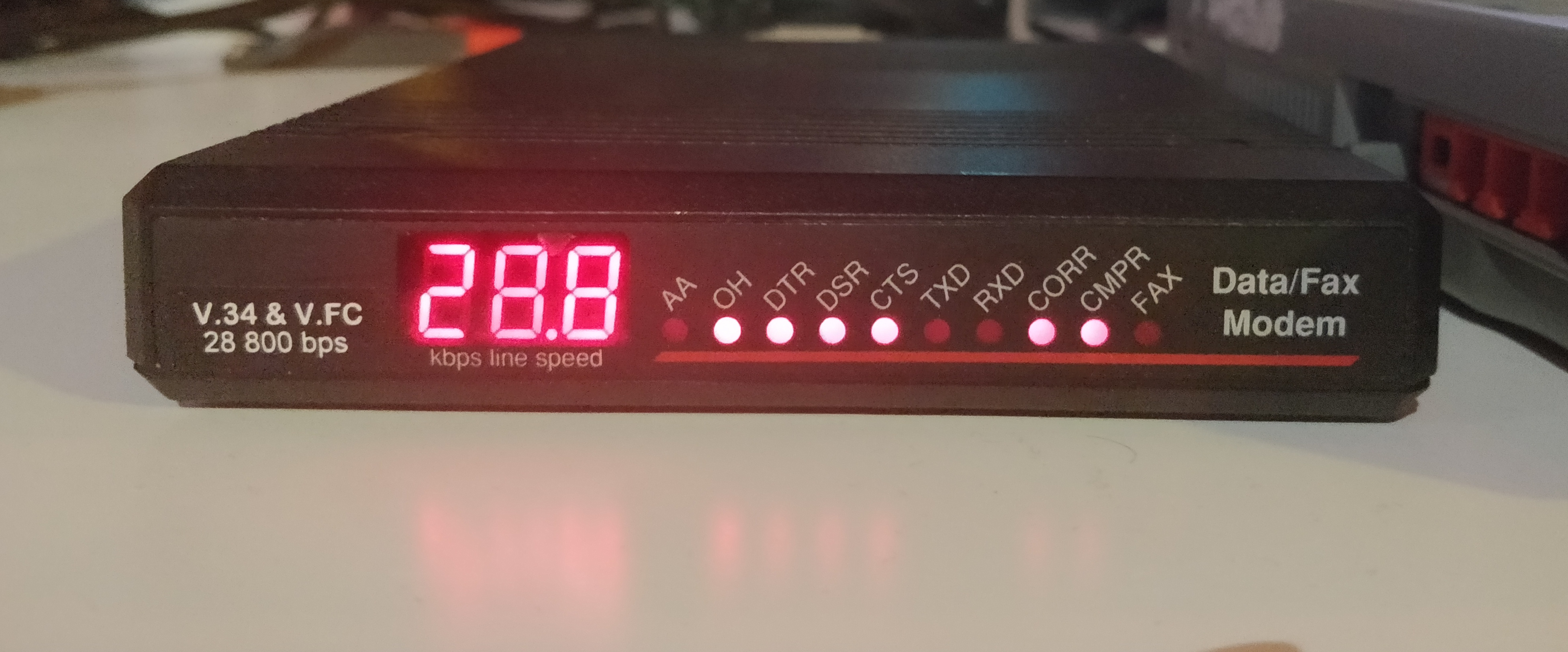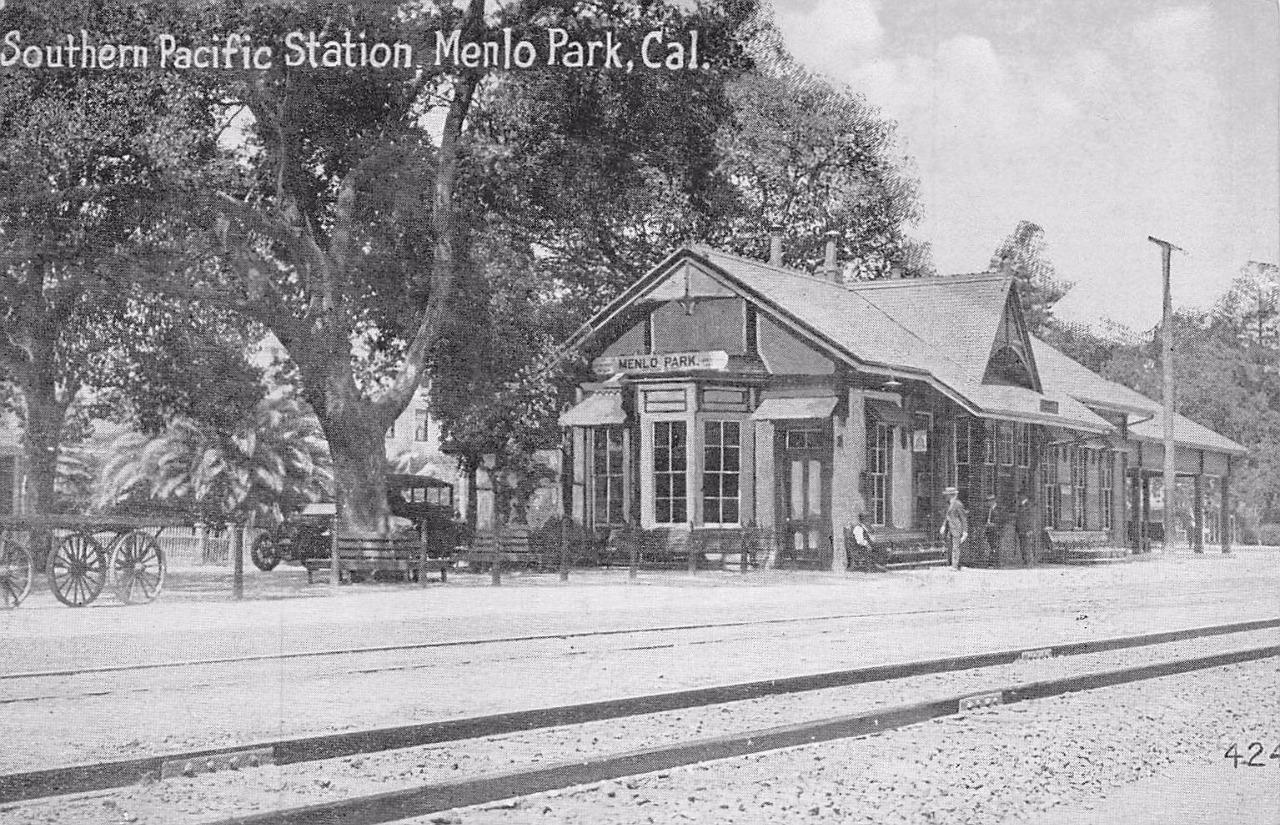|
ComputerTown UK
In the November 1980 issue of the UK's Personal Computer World (PCW magazine), there was an article written by David Tebbutt, about his visit to the Menlo Park Library where the "ComputerTown USA!" a self-help computer literacy movement, started by the People's Computer Company, was based. That article and the regular CTUK column/page in future issues of PCW in turn sparked a widespread UK based self-help computer literacy movement, called "ComputerTown UK!". Within a few months over 20 local groups sprang up. (See CTUSA! Newsletter Issue 18 Vol 3 No 5 Sept/Oct 1982) The idea behind the groups was that members of the public took their own personal computers into public places for the general public to see and use. Several of these CTUK groups gave birth to local amateur computer clubs, some of which are still continued operating into the 21st Century. An example of such a group was 'ComputerTown North East' (Newcastle-upon-Tyne & Gateshead) which met in the Tyne & Wear Science ... [...More Info...] [...Related Items...] OR: [Wikipedia] [Google] [Baidu] |
Personal Computer World
''Personal Computer World'' (''PCW'') (February 1978 - June 2009) was the first British computer magazine. Although for at least the last decade it contained a high proportion of Windows PC content (reflecting the state of the IT field), the magazine's title was not intended as a specific reference to this. At its inception in 1978 'personal computer' was still a generic term (the Apple II, PET 2001 and TRS-80 had been launched as personal computers in 1977.) The magazine came out before the Wintel (or IBM PC compatible) platform existed; the original IBM PC itself was introduced in 1981. Similarly, the magazine was unrelated to the Amstrad PCW. History ''PCW'' was founded by the Croatian-born Angelo Zgorelec"About the authors" visit-croatia.co.uk. Article retrieved 2006-11-24. in 1978, [...More Info...] [...Related Items...] OR: [Wikipedia] [Google] [Baidu] |
South Shields
South Shields () is a coastal town in South Tyneside, Tyne and Wear, England. It is on the south bank of the mouth of the River Tyne. Historically, it was known in Roman times as Arbeia, and as Caer Urfa by Early Middle Ages. According to the 2011 census, the town had a population of 75,337. It is the fourth largest settlement in Tyne and Wear; after Newcastle upon Tyne, Sunderland and Gateshead. The town became part of Tyne and Wear in 1974. It is within the historic county boundaries of County Durham. History The first evidence of a settlement within what is now the town of South Shields dates from pre-historic times. Stone Age arrow heads and an Iron Age round house have been discovered on the site of Arbeia Roman Fort. The Roman garrison built a fort here around AD 160 and expanded it around AD 208 to help supply their soldiers along Hadrian's Wall as they campaigned north beyond the Antonine Wall. Divisions living at the fort included Tigris bargemen (from Persia a ... [...More Info...] [...Related Items...] OR: [Wikipedia] [Google] [Baidu] |
Microscope Magazine
A microscope () is a laboratory instrument used to examine objects that are too small to be seen by the naked eye. Microscopy is the science of investigating small objects and structures using a microscope. Microscopic means being invisible to the eye unless aided by a microscope. There are many types of microscopes, and they may be grouped in different ways. One way is to describe the method an instrument uses to interact with a sample and produce images, either by sending a beam of light or electrons through a sample in its optical path, by detecting photon emissions from a sample, or by scanning across and a short distance from the surface of a sample using a probe. The most common microscope (and the first to be invented) is the optical microscope, which uses lenses to refract visible light that passed through a thinly sectioned sample to produce an observable image. Other major types of microscopes are the fluorescence microscope, electron microscope (both the trans ... [...More Info...] [...Related Items...] OR: [Wikipedia] [Google] [Baidu] |
Users' Group
A users' group (also user's group or user group) is a type of club focused on the use of a particular technology, usually (but not always) computer-related. Overview Users' groups started in the early days of mainframe computers, as a way to share sometimes hard-won knowledge and useful software, usually written by end users independently of the vendor-supplied programming efforts. SHARE, a user group originated by aerospace industry corporate users of IBM mainframe computers, was founded in 1955 and is the oldest computer user group still active. DECUS, the DEC User's Society, was founded in 1961 and its descendant organization, Connect Worldwide, still operates. The Computer Measurement Group (CMG) was founded in 1974 by systems professionals with a common interest in (mainframe) capacity management, and continues today with a much broader mission. The first UNIX users' group organized in 1978. Users' groups began to proliferate with the microcomputer revolution of the la ... [...More Info...] [...Related Items...] OR: [Wikipedia] [Google] [Baidu] |
Dial-up Internet Access
Dial-up Internet access is a form of Internet access that uses the facilities of the public switched telephone network (PSTN) to establish a connection to an Internet service provider (ISP) by dialing a telephone number on a conventional telephone line. Dial-up connections use modems to decode audio signals into data to send to a router or computer, and to encode signals from the latter two devices to send to another modem. History In 1979, Tom Truscott and Jim Ellis, graduates of Duke University, created an early predecessor to dial-up Internet access called the USENET. The USENET was a UNIX based system that used a dial-up connection to transfer data through telephone modems. Dial-up Internet has been around since the 1980s via public providers such as NSFNET-linked universities. The BBC established Internet access via Brunel University in the United Kingdom in 1989. Dial-up was first offered commercially in 1992 by Pipex in the United Kingdom and Sprint in the United Stat ... [...More Info...] [...Related Items...] OR: [Wikipedia] [Google] [Baidu] |
Bulletin Board System
A bulletin board system (BBS), also called computer bulletin board service (CBBS), is a computer server running software that allows users to connect to the system using a terminal program. Once logged in, the user can perform functions such as uploading and downloading software and data, reading news and bulletins, and exchanging messages with other users through public message boards and sometimes via direct chatting. In the early 1980s, message networks such as FidoNet were developed to provide services such as NetMail, which is similar to internet-based email. Many BBSes also offer online games in which users can compete with each other. BBSes with multiple phone lines often provide chat rooms, allowing users to interact with each other. Bulletin board systems were in many ways a precursor to the modern form of the World Wide Web, social networks, and other aspects of the Internet. Low-cost, high-performance asynchronous modems drove the use of online services and BBSes t ... [...More Info...] [...Related Items...] OR: [Wikipedia] [Google] [Baidu] |
Sunderland, Tyne And Wear
Sunderland () is a port city in Tyne and Wear, England. It is the City of Sunderland's administrative centre and in the historic county of Durham. The city is from Newcastle-upon-Tyne and is on the River Wear's mouth to the North Sea. The river also flows through Durham roughly south-west of Sunderland City Centre. It is the only other city in the county and the second largest settlement in the North East after Newcastle upon Tyne. Locals from the city are sometimes known as Mackems. The term originated as recently as the early 1980s; its use and acceptance by residents, particularly among the older generations, is not universal. At one time, ships built on the Wear were called "Jamies", in contrast with those from the Tyne, which were known as "Geordies", although in the case of "Jamie" it is not known whether this was ever extended to people. There were three original settlements by the River's mouth which are part of the modern-day city: Monkwearmouth, settled in 674 ... [...More Info...] [...Related Items...] OR: [Wikipedia] [Google] [Baidu] |
Internet Café
An Internet café, also known as a cybercafé, is a café (or a convenience store or a fully dedicated Internet access business) that provides the use of computers with high bandwidth Internet access on the payment of a fee. Usage is generally charged by the minute or part of hour. An Internet cafe will generally also offer refreshments or other services such as phone repair. Internet cafes are often hosted within a shop or other establishment. They are located worldwide, and many people use them when traveling to access webmail and instant messaging services to keep in touch with family and friends. Apart from travelers, in many developing countries Internet cafés are the primary form of Internet access for citizens as a shared-access model is more affordable than personal ownership of equipment and/or software. Internet cafés are a natural evolution of the traditional café. As Internet access rose many pubs, bars and cafés added terminals eroding the distinction between t ... [...More Info...] [...Related Items...] OR: [Wikipedia] [Google] [Baidu] |
Menlo Park, California
Menlo Park is a city at the eastern edge of San Mateo County within the San Francisco Bay Area of California in the United States. It is bordered by San Francisco Bay on the north and east; East Palo Alto, Palo Alto, and Stanford to the south; and Atherton, North Fair Oaks, and Redwood City to the west. It is one of the most educated cities in California and the United States; nearly 70% of residents over 25 have earned a bachelor's degree or higher. It had 33,780 residents at the 2020 United States Census. It is home to the corporate headquarters of Meta, and is where Google, Roblox Corporation and Round Table Pizza were founded. Its train station holds the record as the oldest continually operating train station in California. Toponym "Menlo" is derived from Menlo (the anglicized spelling of Irish Gaelic 'Mionloch', meaning 'small lake') in County Galway, Ireland. The name "Menlo Park" was given to a ranch purchased by Irish settlers in honor of their home village in Ire ... [...More Info...] [...Related Items...] OR: [Wikipedia] [Google] [Baidu] |
Tyne And Wear Museums
Tyne & Wear Archives & Museums (TWAM) is a regional group of United Kingdom national museums and the county archives service located across the Tyne and Wear area of north-east England. They have been administered by a joint board of local authorities since the abolition of the Tyne and Wear Metropolitan County Council in 1986. They receive financial support from the five local authorities they operate within and since 2012, Arts Council England. The service is one of those specified in the Designation Scheme administered by Arts Council England. In the past, the service received additional financial support from the Department for Culture, Media and Sport. Since 2021, the director has been Keith Merrin. Museums Tyne & Wear Archives & Museums are responsible for managing the 9 museums and galleries below and the county archives. They also share use of the Regional Museums Store at Beamish Museum. Archives Tyne and Wear Archives are based within the Discovery Museum. Galler ... [...More Info...] [...Related Items...] OR: [Wikipedia] [Google] [Baidu] |
Gateshead
Gateshead () is a large town in northern England. It is on the River Tyne's southern bank, opposite Newcastle upon Tyne, Newcastle to which it is joined by seven bridges. The town contains the Gateshead Millennium Bridge, Millennium Bridge, Sage Gateshead, The Sage, and the Baltic Centre for Contemporary Art, and has on its outskirts the twenty metre tall Angel of the North sculpture. Historic counties of England, Historically part of County Durham, under the Local Government Act 1888 the town was made a county borough, meaning it was administered independently of the county council. Since 1974, the town has been administered as part of the Metropolitan Borough of Gateshead within Tyne and Wear. In the 2011 Census, town had a population 120,046 while the wider borough had 200,214. Toponymy Gateshead is first mentioned in Latin translation in Bede, Bede's ''Ecclesiastical History of the English People'' as ''ad caput caprae'' ("at the goat's head"). This interpretation is consis ... [...More Info...] [...Related Items...] OR: [Wikipedia] [Google] [Baidu] |








